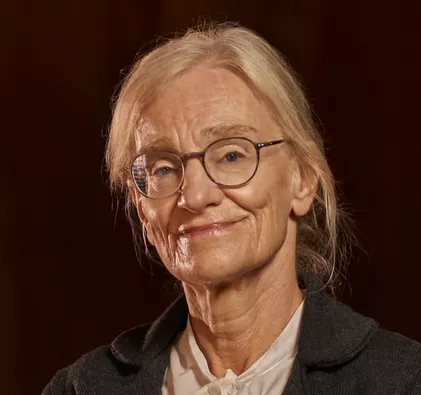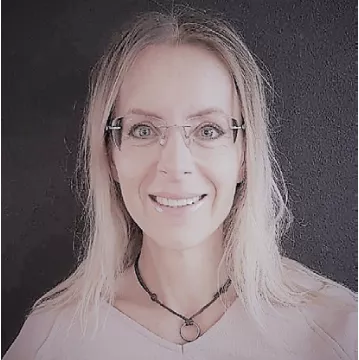Gastrointestinal network
Gastrointestinal network consists of two sub-networks with focus on two different aspects of gastrointestinal cancer:
- Colorectal network (Milladur Rahman & Marie-Louise Lydrup)
- Hepatic-Pancreatic-Biliary (HPB) network (Monika Bauden & Daniel Ansari)
Colorectal cancer is the third most common malignancy. Despite improvements in recent decades the 5-year survival is 65%. Tumour recurrence is common. The research focuses on developing novel prediction marker with therapeutic potential, to improve survival of colorectal cancer patients. One current project is on tumour deposits (TDs), that are aggregates of cancer nodules discontinuous with the primary tumour, not associated with lymph nodes. The project challenges the current TNM classification and has high clinical relevance. The network uses the Swedish colorectal cancer registry data to identify TD positive patients and controls. Radiological imaging will be reviewed, as well as DNA extracted from pathological resection specimens and blood for genetic analysis. This project aims to close the knowledge gap on TDs in colorectal cancer.
Two major clinical studies important for research within the network are:
- the observational multi center ACBC- trial (Acute Colon resection or Bridge to Colon surgery with stent or stoma: a prospective cohort study);
- the Scandinavian observational trial with a nested RCT SELSA (SELective defunctioning Stoma Approach in low anterior resection for rectal cancer).
Locally advanced colorectal cancer with tumor growth into the bladder/ureters requires extensive surgery involving other organs in the pelvis (whole/parts of the bladder/ureters, prostate, internal genitalia, so-called pelvic exenteration) and if the entire bladder is removed, the patient must have a urinary diversion (urostomy). This type of surgery affects most functions of the pelvis (sexual function, bowel and urinary emptying). A less extensive operation in the form of partial bladder/ureter resection is likely to have less impact on quality of life, but whether this is oncologically safe has been sparsely studied. Likewise, it is not clear whether the complication panorama is more favorable with less extensive surgery. Larger studies of QoL among patients operated with total cystectomy in comparison with partial bladder resection are lacking. Since a few years, a larger percentage of patients receive oncological pretreatment, which in many patients leads to a clear shrinkage of the tumor with the result that fewer patients need to undergo major multivisceral interventions. (Marie-Louise Lydrup, Hanin Assi)
The Molecular Evolution group and the associated U-READ antibody infrastructure build and use systems for studies and development of antibodies, for instance for analytical, diagnostic, and therapeutic use. We have resources to develop human antibodies using diversity of large combinatorial antibody libraries using phage display technology and to produce recombinant antibodies and antibody fragments in small scale using bacterial and mammalian expression systems. The laboratory holds resources for a diversity of immunochemical analysis tools, for determination of affinity and reaction rate constants of molecular interactions (using surface plasmon resonance (Biacore) technology), and for high throughput multicolour flow cytometry. We are part of the SciLifeLab national infrastructure for Drug Discovery and Development through which we deliver to academic researchers human antibodies for therapeutic development. (Mats Ohlin)
The purpose of the LUCC-HPB network is to:
- identify one credible target of HPB cancer that members of the network translate into development of therapy by 2027 for instance within SciLifeLab DDD.
- secure funding from major funder (Wallenberg, ERC, etc.) for a cross-faculty project in HPB cancer by 2027.
Network leaders
milladur [dot] rahman [at] med [dot] lu [dot] se
Department of Clinical Sciences
Lund University
Inga Marie Nilssons gata 47,
205 022 Malmö
marie-louise [dot] lydrup [at] med [dot] lu [dot] se
Department of Clinical Sciences
Lund University
Inga Marie Nilssons gata 47,
205 022Malmö
monika [dot] bauden [at] med [dot] lu [dot] se (monika[dot]bauden[at]med[dot]lu[dot]se)
+46 46 222 46 74
Department of Clinical Sciences
Lund University
Skåne University Hospital
BMC D12, Lund
daniel [dot] ansari [at] med [dot] lu [dot] se (daniel[dot]ansari[at]med[dot]lu[dot]se)
Department of Clinical Sciences
Lund University
Skåne University Hospital
Lund





